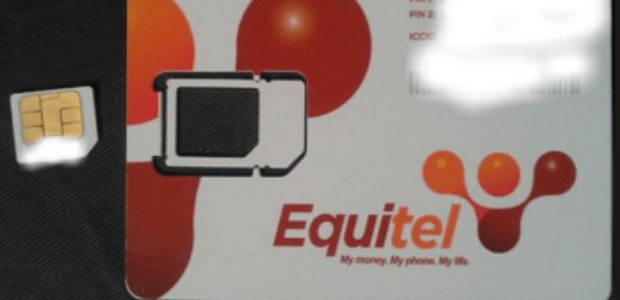advertisement
Innovation by creation rather than by regulation
Safaricom has relaunched a handy M-Pesa application, known as M-Ledger. Available on the Android Play Store, the application keeps tab…

Safaricom has relaunched a handy M-Pesa application, known as M-Ledger. Available on the Android Play Store, the application keeps tab of your M-Pesa transactions, gives you an analysis of your M-Pesa statements, and backs up those details to the infamous cloud. It even gets you a 6-month statement of your transactions, with what sounds like a promise to extend this over time.
What is notable about M-Ledger is that the app was developed by a local firm known as Dynamic Data, about last year. It was then availed in the Play Store for purchase, and also entered into Safaricom and Vodafone’s AppWiz competition. At the competition, the app did well, owing to the useful features that it presented to its users, and the beautiful interface that it was presented in.
At the point, many wondered why Safaricom did not buy the app instead, since it provided one of M-Pesa’s missing features. While M-Pesa was developed at a time when SMS was the in thing, the world is moving to smartphones. Better phones means that users now enjoy better apps and more features. M-Pesa however has remained restricted in the features it offers due to its reliance on SMS and the USSD platform.
advertisement
Over time, M-Pesa has become successful well beyond the wildest dreams of the platform’s creator. It has gone on to become a trusted and reliable means of money transfer, end even evolved into a payment platform.
However, M-Pesa’s potential in some areas has been hindered by the same mechanisms that make it succeed in others.
In point of sale payments, M-Pesa’s current mode of deployment makes it a cumbersome and difficult choice. It takes a considerable amount of time to try and pay for your shopping at a supermarket by M-Pesa. It also leaves you with a considerable chance of error – such as sending the wrong amount, or to the wrong recipient.
advertisement
At a bar, where people are not queuing behind you to make payments, M-Pesa will be fine, and even remains widely adopted in bars – though a number prefer having an agent where you can withdraw cash, then pay at a separate till.
It is such challenges that have seen the emergence of new mobile money services in 2014.
Some built upon and expand on M-Pesa, such as M-Ledger. Others are competing platforms and seek to either supplement, or provide services in areas where M-Pesa doesn’t do well.
advertisement
Notable services here include Equity Bank’s Equitel service and BebaPay – a matatu payment card build on a partnership between Google and Equity Bank, again.
While Equitel competes with M-Pesa, it also provides a supplementary service of direct bank to M-Pesa transfers, where M-Pesa has had a challenge. USSD systems have been available from a number of banks, but are costly and error prone.
Attempts to deposit bulk M-Pesa amounts is faced by the challenge of agents who limit their exposure by only allowing deposits of smaller amounts. Equitel also provides an additional service of bank-to-bank transfers, which though possible from M-Pesa, is not as convenient or suitable.
The emerging services have however seen a challenge in the form of a heavy regulatory environment. Equitel has faced a flurry of court cases in an attempt to slow its roll out, while some vested party went ahead to make the government legally mandate cashless payments of matatu fares.
While laws are supposed to protect the rights of persons, they are more notorious for hindering innovation than enabling the same. Mandating cashless payments of matatu fares appears lucrative to a party implementing the same, but is a bad move.
How can a law dictate how to pay for your matatu ride while no one has successfully piloted payment of the same? This is putting the cart before the horse, or donkey. At the moment, very few, if any public service vehicle, accepts cashless payments due to a variety of challenges.
As such, with such a poorly thought out law coming into force, passengers and matatu crew will be forced to break a law that was tailored for a well-connected investor, rather than for the public. On the other hand, Safaricom, long praised for being at the forefront of innovation in Kenya, appears to be struggling to keep up.
At the end of the day, we can only innovate by creating and not by embedding innovation in law. That will be a sure way for all to lose. The law only comes in to ensure that the innovators remain unhindered.
(This article was first published in the Dec’14/Jan’15 edition of CIO East Africa magazine in the ‘Last Word’ column).